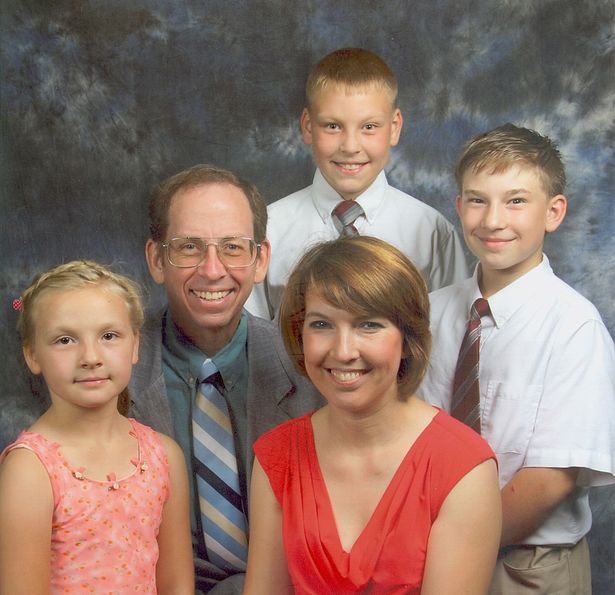Pyongyang has unexpectedly released Jeffrey Fowle, one of three American citizens being held for alleged crimes against North Korea. Fowle, a 56-year-old American tourist, was detained since May for leaving his Bible at a social club.
Details of any U.S. government negotiations or terms of an agreement remain unknown, but it does not appear the U.S. sent a senior-level envoy as Pyongyang previously demanded.
The U.S. welcomed the development but correctly highlighted the continued incarceration of two other Americans. Matthew Miller, a 20-year-old American tourist, was sentenced to six years of hard labor for “attempted espionage.” Miller ripped up his tourist visa and declared he wanted asylum but Pyongyang accused him of intending to “experience prison life so that he could investigate the human rights situation” in North Korea. Kenneth Bae, a Christian missionary, was sentenced in 2013 to 15 years of hard labor for “hostile acts against the republic.”
North Korea has arrested Americans before—mostly missionaries or journalists attempting to sneak into the country. Despite North Korea’s claim of religious freedom, a right supposedly guaranteed by its constitution, foreigners have been arrested for even the slightest appearance of religious proselytizing, which is considered a grave threat to the regime.
Pyongyang may be signaling it seeks to renew engagement with the United States by reducing a source of friction between the two countries.
Pyongyang previously released Americans after they publicly confessed to their “crimes” and expressed remorse. In September, Pyongyang allowed CNN to film highly choreographed “confessions” by the three detainees and their appeals to Washington to send a senior-level envoy to secure their release. While several Americans were released following the visit by a senior U.S. envoy, that has not always been a requirement, such as when Merrill Newman and Robert Park were released in 2013 and 2010, respectively.
North Korea’s motivation for releasing Fowle is unknown and will be the subject of much debate. Pyongyang may be signaling it seeks to renew engagement with the United States by reducing a source of friction between the two countries. Pyongyang may intend to release Bae and Miller, but that would be more complicated since they, unlike Fowle, were convicted by a North Korean court.
In recent months, Pyongyang has reached out to Tokyo and Seoul. But the North Korean-Japanese agreement on resolving the regime’s past abduction of Japanese citizens foundered on Pyongyang’s reluctance to complete a promised investigation. Similarly, North Korea dispatched three senior officials to Seoul earlier this month to agree to resume senior-level dialogue but subsequent military tactical clashes on the demilitarized zone could derail the talks.
Alternatively, North Korea could be acting to defuse growing international condemnation of its human rights abuses. In February, a U.N. Commission of Inquiry accused Pyongyang of human rights violations so egregious and widespread as to qualify as crimes against humanity. The commission report galvanized international resolve to act, including a pending U.N. resolution to refer North Korea to the International Criminal Court. For the first time in 15 years, the North Korean foreign minister attended the U.N. General Assembly meeting, during which he defended the regime’s human rights record.
When pondering whether North Korea’s release of Jeffrey Fowle reflects a more benevolent regime, it is useful to remember that he, and other Americans, were each detained for behaving in ways that would have been protected by other nations’ basic rules of freedom of expression and religion. But in North Korea, freedom is seen as an act hostile to the regime.



























